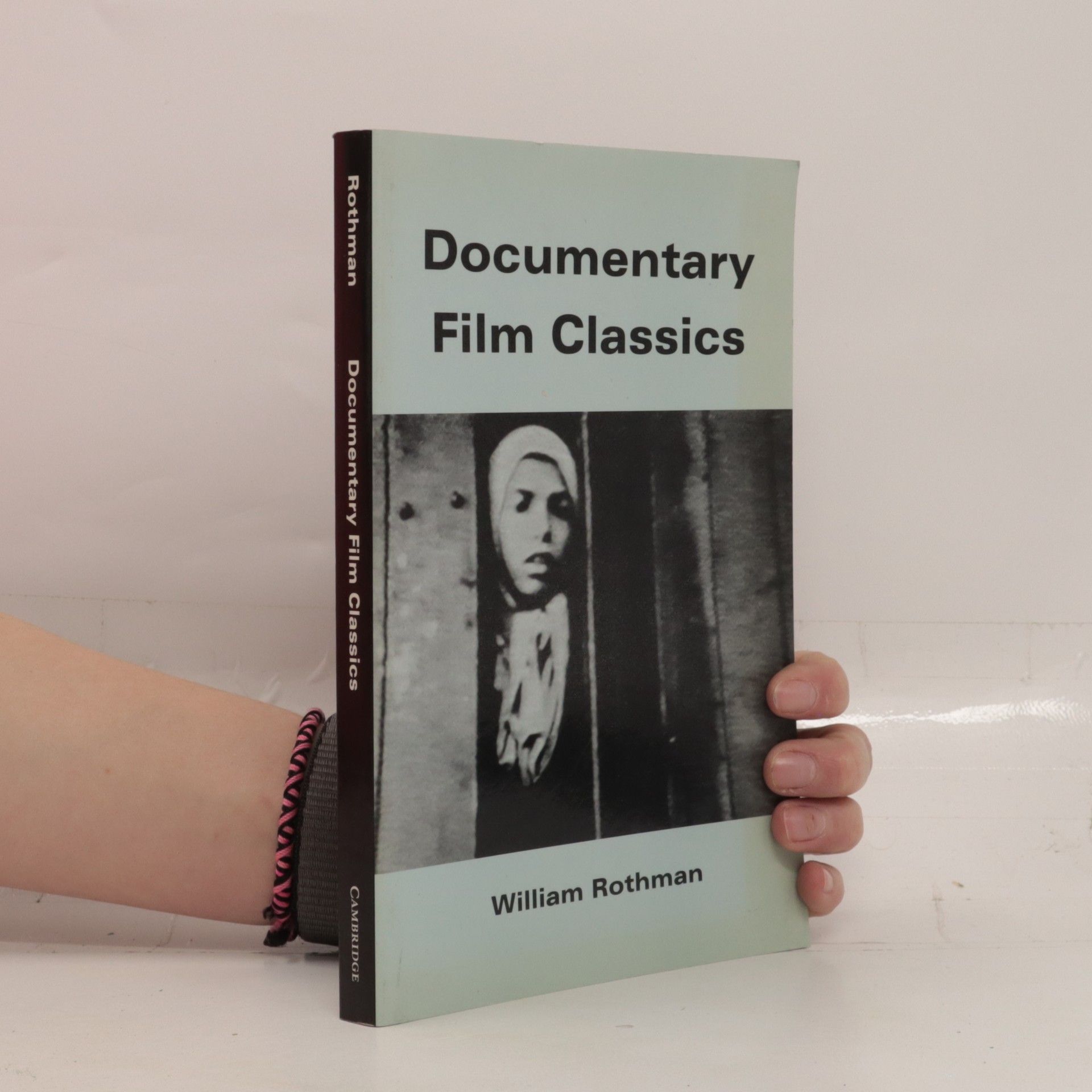The second edition features fourteen new essays that expand on the original content, providing fresh insights and perspectives. A new foreword sets the stage for these contributions, enhancing the book's relevance and depth. This edition aims to enrich the reader's understanding of the subject matter, making it a valuable resource for both new readers and those familiar with Rothman's work.
William Rothman Libri





A new view of the master's oeuvre, focusing on his ambivalence toward the Emersonian way of thinking he longed to embrace but resisted for the sake of his art.
Documentary Film Classics offers close readings on a number of major films, such as Nanook of the North, Land Without Bread, Night and Fog, Chronicle of a Summer and Don't Look Back. Spanning the history of the documentary film tradition, William Rothman analyzes the philosophical and historical issues and themes implicit in these works. Designed to guide film students through the "texts" of a wide range of documentaries, his readings also focus on the achievements of these works as films per se.
The 'I' of the Camera
- 424pagine
- 15 ore di lettura
The second edition features fourteen new essays that expand on the original insights, offering fresh perspectives on film theory and analysis. A new foreword sets the stage for these updated discussions, enhancing the book's relevance in contemporary film studies. Rothman's work continues to engage with critical themes, making it an essential read for scholars and enthusiasts alike.
Exploring the connection between Cavell and Emerson, this work offers a unique perspective on Cavell's body of work, emphasizing how his evolving thoughts on cinema intertwine with philosophical themes. It presents an insightful analysis of how these influences shape his understanding of art and existence, providing a compelling narrative that deepens the reader's appreciation for both Cavell's philosophy and his cinematic reflections.